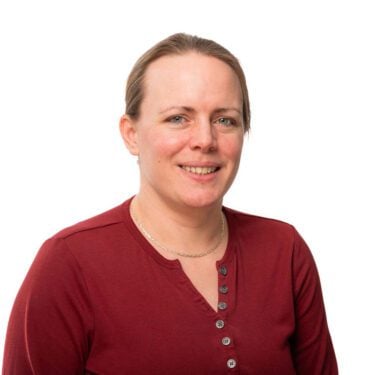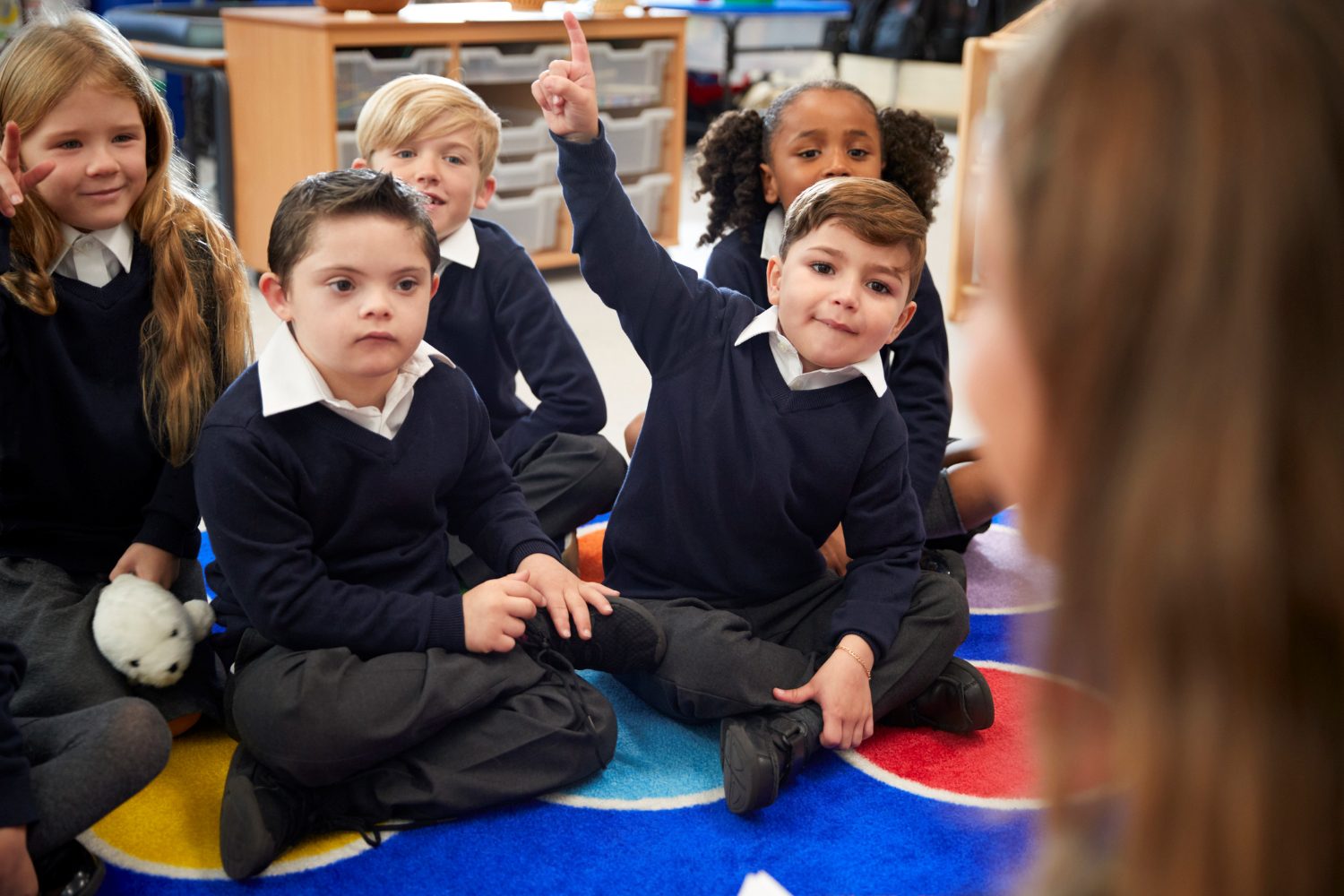

28/06/23
4 min read
As the number of children with special educational needs and disabilities (SEND) grows, we want to fund research to improve people’s experiences with specialist provision in schools across the UK.
Newly released government figures show that in England, over 1.5 million pupils have special educational needs. This has gone up by 87,000 since 2022 and continues a trend of increases that began in 2016.
The rise has piled pressure on a SEND system already under strain and which often leaves many pupils without essential support. We’re calling for research that can identify how the SEND system can better serve the needs of children and their families.
Experiences with the SEND system: complicated and adversarial
Earlier in the year the government published the SEND and Alternative Provision Improvement Plan – Right Support, Right Place for England. It acknowledges that ‘the system is failing to deliver for children, young people and their families.’ It also details how parents and carers are ‘frustrated at having to navigate an increasingly complex and adversarial system’ and that the ‘growing tension across the system is causing delays in accessing support and increasing financial challenges for local government.’
Outcomes for children with special educational needs and disabilities are consistently worse than for their peers on every measure. And despite considerable investment, the system is not financially sustainable.
Access to SEND services
As pressure on local authority budgets has grown, issues around access to SEND services have become increasingly prevalent. More than 100 prominent SEND-related organisations have launched a #SENDInTheSpecialists campaign aimed at boosting investment for more specialist SEND practitioners, and the Local Government Association has reported an increase in the number of legal disputes and tribunal hearings around SEND provision. More than 9 in 10 decisions were in favour of families – overturning initial decisions made by councils.
While families often achieve a positive result from the complaints and appeals process, it requires a significant investment of time, resources and emotional energy. Most importantly, the delay is detrimental to children who miss out on support during this time. However, in a financially constrained environment, there are incentives for local authorities to draw out the process because they are only liable for the costs of providing SEND support when the appeal process concludes in favour of the child.

Our current research portfolio on special educational needs and disabilities
We are currently funding research on special educational needs and disabilities with projects that:
- Review which educational interventions work best for different needs, in different contexts and in different phases of education.
- Rethink how SEND are conceptualised and identified.
- Explore the impact and timeliness of SEND identification in Wales.
- Assess the fairness and effectiveness of SEND identification and how SEND overlaps with mental health difficulties.
- Highlight the overrepresentation of children with SEND in youth custody.
- Explore dispute resolution pathways to challenge or enforce decisions on SEND provision.
- Examine the co-ordination and control of public expenditure on SEND.
It’s clear that specialist support plays a pivotal role in the lives of children with special educational needs. While we are supporting several projects in this area, under-researched issues with the SEND system continue to affect families.
Prioritising SEND for our September 2023 funding round
The research we fund recognises that many young people face disadvantages in education because of factors such as SEND. Projects we support also investigate the effectiveness and fairness of the justice system and seek to ensure that people can exercise and safeguard their rights when they come into contact with the system.
SEND provision is central to both these areas and is a priority issue for the Foundation’s next funding round in September. We want to encourage applications that will help us understand the causes of unfairness and inequality in decision-making and we hope to see proposals that discover how policy and practice can tackle issues to ensure that the justice system effectively safeguards children’s rights.
To help inform our funding call we ran a roundtable with experts from research, policy and practice to discuss the processes and fairness of the SEND journey and to identify what research we should fund to improve understanding and identify solutions.
The roundtable exposed the deep-rooted systemic challenges faced by children and families in the SEND system. These difficulties were characterised by the very high rates of decisions being successfully challenged, and the increasingly adversarial process needed to secure provision.
Understanding the ongoing problems: central themes
The central themes that the discussions covered included:
Positive practice – the system works when schools and local authorities are responsive, and where the assessment process is early and focused on a child’s needs and experience. Securing an EHCP for pre-school children may relieve later pressures on schools.
Uneven distribution of resources – the data shows that some children with significant needs are missing out. There is a postcode lottery whereby the primary school a child attends is the biggest factor affecting their support. Although support is targeted at disadvantaged areas, better off children are more likely to get an EHCP. The National Funding Formula for High Needs applies a 32% weight to historical spend. This misaligns funding allocations from current levels of need.
Unlawful guidance – the legal definitions are clear for SEND identification and support. However, there is misalignment between local authority criteria and guidance, and the law. This helps explain the number of tribunal decisions won by families. A review of local authority policies for legal compliance, and better training could help.
Role of school leadership – SEND co-ordinators and headteachers are key to ensuring children get the support they need. In comparison with other OECD countries, England has relatively few teachers with a Master’s degree in teaching so school leaders have less training in child development. Accountability measures can make inclusion risky for school leaders because children with special educational needs and disabilities can lower a school’s average attainment scores. For example, children with speech and language needs may not pass their phonics check which reduces the school’s pass rate. Likewise, children with moderate or specific learning difficulties might perform below the expected level in their SATs or GCSEs.
- How do schools and councils assess children’s SEND needs and make decisions regarding EHCPs?
- What are the pathways through the system and what are the success rates at different stages?
- What are the leading causes of disputes? How effective is mediation and what happens after families win an appeal?
- Who has access to redress through the system? For example, are there inequalities where redress is dependent upon having strong financial and social resources?
- What changes would make the biggest difference to children’s experiences and outcomes?
- What are the consequences of failing to provide children with appropriate support in a timely manner?
- What can we learn from comparisons between SEND systems, internationally or across the four UK nations?
Apply for research funding
We’re looking for research proposals that will help answer these questions and contribute to the development of SEND systems in the UK that enable children and families to get the support they need – and are entitled to.
Successful applications need to demonstrate methodological rigor and a route to impact on policy and practice.
If you have an idea that responds to these interests, apply here. Our next deadline is 11 September 2023.
The authors

 Ash PatelProgramme Head, JusticeNuffield Foundation
Ash PatelProgramme Head, JusticeNuffield Foundation

















































